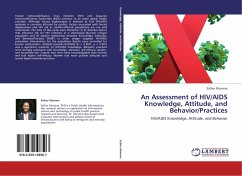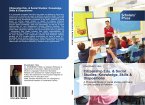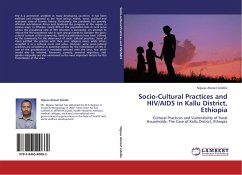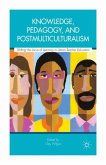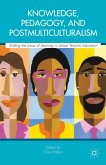Human Immunodeficiency Virus infection (HIV) and Acquired Immunodeficiency Syndromes (AIDS) continue to be major global health priorities. Although forced displacement is believed to fuel HIV/AIDS epidemic in countries affected by conflict, factors associated with forced displacement and HIV risk in conflict-affected populations are not well understood. The aims of this study were therefore (1) to describe factors that influence risk for HIV infection in a Utah-based Burundi refugee population and (2) explore relationship between Knowledge, Attitudes, and Behavior/Practices (KABP) in order design targeted HIV/AIDS prevention interventions for the population. Results were controlled for known confounders. Attitude towards HIV/AIDS (b = 0.5071, p 0.001) was a significant predictor of HIV/AIDS knowledge. Behavior/ practices were strongly associated with knowledge, attitudes, self-efficacy, gender, and household size. Overall, men were more knowledgeable than women and had higher self-efficacy. Women had more positive attitudes and scored higher behavior/practices.
Bitte wählen Sie Ihr Anliegen aus.
Rechnungen
Retourenschein anfordern
Bestellstatus
Storno

